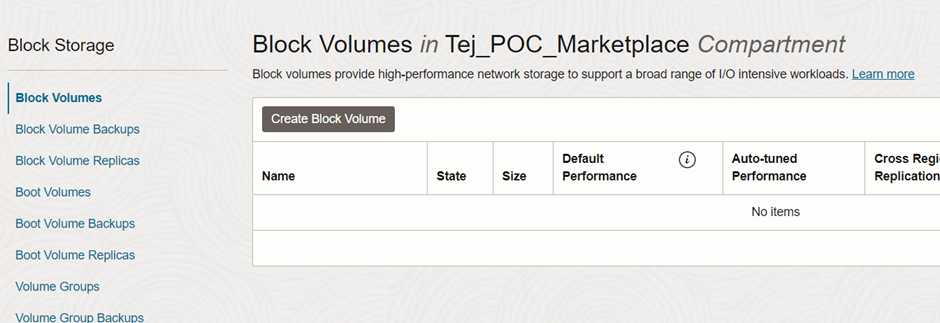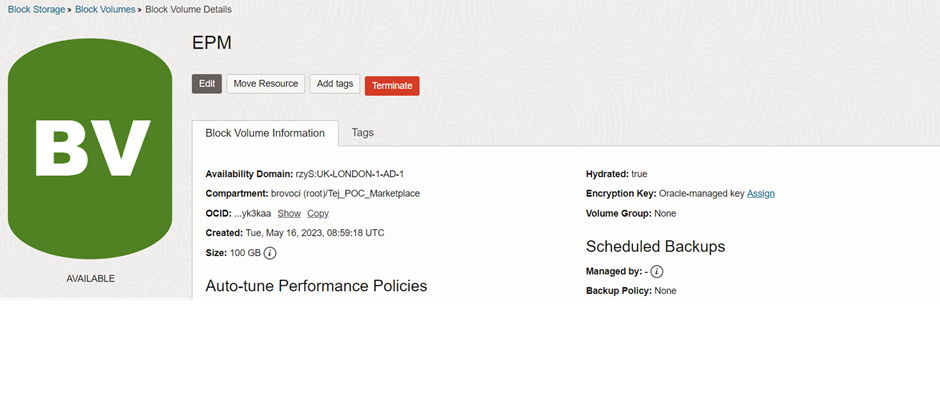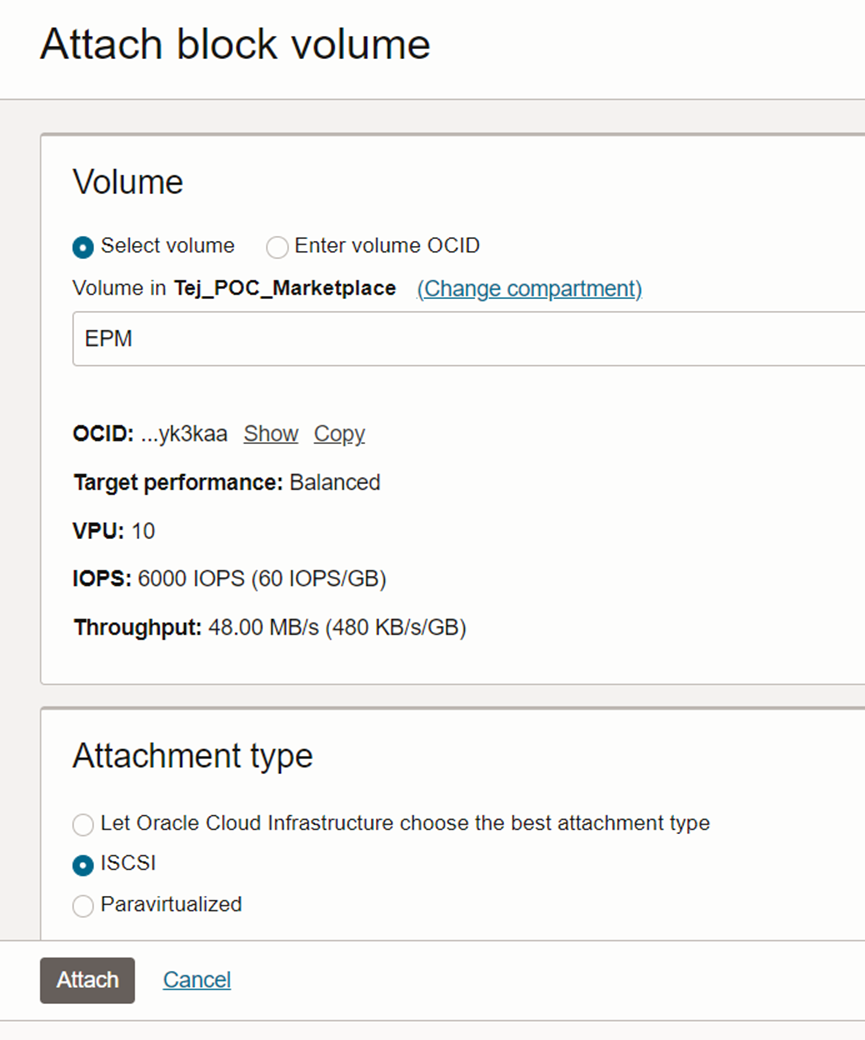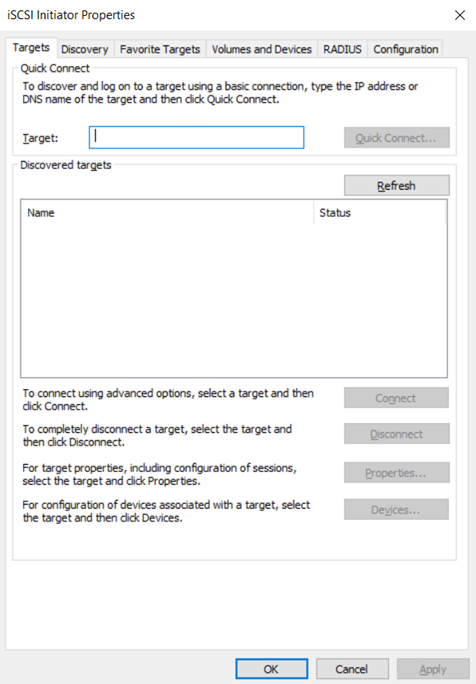Introduction:
Oracle Cloud Infrastructure (OCI) is a robust and
feature-rich cloud platform that enables businesses to harness the power of
virtualization. In this blog post, I will guide you through the process of
building a Windows VM server on OCI from scratch. By following this step-by-step
instructions, you will be able to set up your own Windows VM server in just an
hour, leveraging the full potential of OCI's capabilities. Let's dive in and
unlock the power of OCI!
This flowchart provides a high-level overview of the steps
involved
Step 1: Sign up for OCI To get started, sign up for an OCI
account if you haven't already. The sign-up process is quick and
straightforward, and it will provide you with the necessary credentials to
access OCI's services. https://cloud.oracle.com.
Step 2: Create compartment
A compartment is a logical container that helps organize and
isolate resources within an OCI tenancy.
- On
OCI home page, open the navigation menu, and click Identity &
Security. Under Identity, click Compartments.
A list of the compartments in your tenancy is
displayed. You can also choose existing compartment or create new
compartment.
- Click Create Compartment.
Step 4: Create a Subnet Within the VCN
Step 5: Configure Security Lists Security
Step 6: Create a Windows VM
From OCI navigation menu àClick
on Compute and then click on Instances.

Click on Create Instance.

An availability domain is a standalone, independent data center that is physically isolated from other availability domains to provide high availability. I just selected the first availability domain.
From available shapes, select configuration of your
required VM server. I have selected the minimal required for EPM installation.
Create a subnet that will host your Windows VM. Specify the
CIDR block for the subnet, subnet type (public or private), and choose the
appropriate routing table.
After this, you need to specify details of boot volument (C
Drive of VM)

Click on Create Instance. This will take you to the instance details
screen.

This gives us VM server with IP address mentioned as public
IP address. This will allow us to connect to server using RDP.
Tried it and it failed ☹
This brings us to another step 5 to configure security list.
We can complete it after VCN is ready or when RDP fails 😊
We need to add our IP address to IP allowlist.
- Open
the navigation menu and click Compute. Under Compute,
click Instances.
- Click
the instance that you're interested in.
- Under Instance details,
for Virtual cloud network, click the name of the cloud
network.
- To add
the rule to a network security group that
the instance belongs to:
- Under Resources,
click Network Security Groups.
- Click
the network security group that you're interested in.

- Click Security
lists , then click default security list

- Return to the Instance details page: Open
the navigation menu and click Compute. Under Compute,
click Instances. Click the instance.
Try to connect now. Change your password on first logon and
then go ahead.


Yayy, we are now connected to our OCI server.
Step 7: Configure Storage
Step 8: Configure Networking
Step 9: Secure with essential VM update
For storage, we will be creating another volume on server
– similar to D drive. It is called Block volume.
1.
Open the navigation menu and
click Storage. Under Block Storage, click Block Volumes.
2.
Click Create Block Volume.
3.
Fill in the required volume information:
·
Name: A user-friendly name or
description. Avoid entering confidential information.
·
Domain: Must be in the same availability
domain as the instance.
·
Volume Size and Performance
o Size: Must
be between 50 GB and 32 TB.
o Volume Performance:
Optionally, you can select the appropriate performance level for your
requirements.
·
Backup Policy: Optionally, you can select
the appropriate backup policy for your requirements
4.
Click Create Block Volume.
Attach This volume to Server
1.
Open the navigation menu and
click Compute. Under Compute, click Instances.
2.
In the Instances list, click
the instance that you want to attach a volume to.
3.
In the Resources section,
click Attached Block Volumes.
4.
Click Attach Block Volume.
5.
Specify the volume you want to attach to. To use
the volume name, choose SELECT VOLUME and then select the
volume from the Block Volume drop-down list.
6.
Select the volume attachment type, iSCSI, Paravirtualized,
or Let Oracle Cloud Infrastructure choose the best attachment type.
I went with iSCSI.
7.
Click Attach.
Login to server, open iSCSI initiator
Discovery tab à
Discover Portal
Give IP and Port of newly created Block volume. Click OK.
Select the block volume and click connect. It shows
connected.
Go to computer management
Right click on Disk 1, new simple volume
And our server is ready. I am going to use it for EPM.
Maybe you are aware of it from naming conventions 😊
Conclusion: By following these steps outlined in
this blog post, you can unlock the power of Oracle Cloud Infrastructure (OCI)
and build your Windows VM server from scratch in just an hour. Don't miss out
on the benefits of OCI – start building your Windows VM server today and take
full advantage of the power and capabilities that OCI offers.































No comments:
Post a Comment